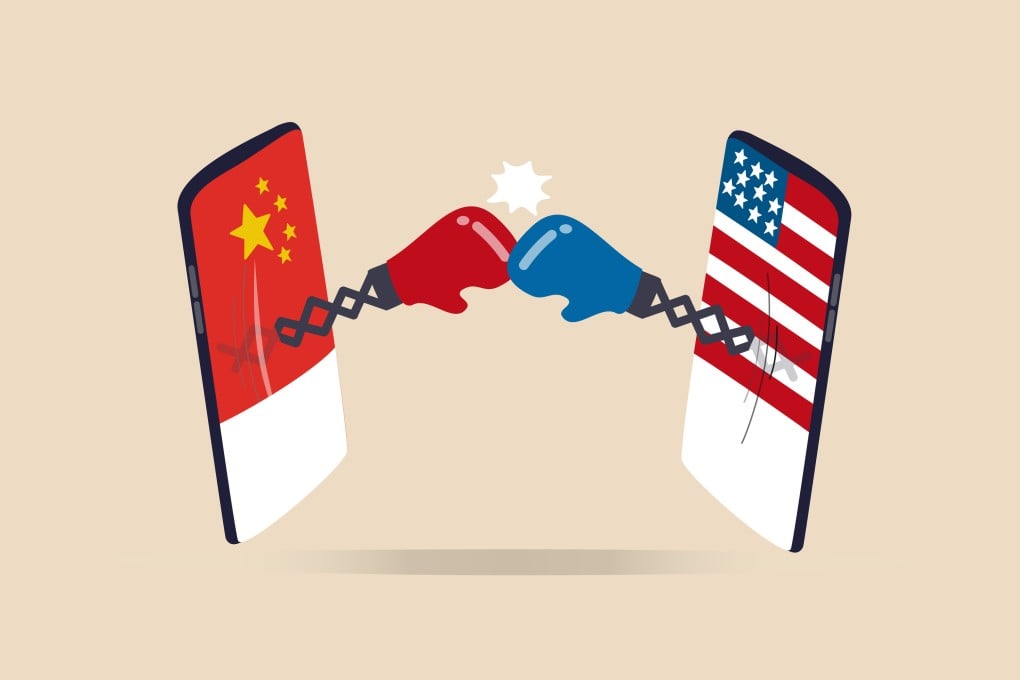US-China tech war: China to overtake America in core 21st century technologies within next decade, Harvard report predicts
- China is poised to gain on the US in the fields of AI, 5G, quantum information science, semiconductors, biotechnology and green energy
- In some areas, China is already leading the US, according to a report from the Harvard Kennedy School

That sweeping forecast was made in a new report, The Great Rivalry: China vs the US in the 21st Century, published on Tuesday by the Belfer Centre for Science and International Affairs at the Harvard Kennedy School, the public policy institution of Harvard University in Cambridge, Massachusetts.
“Today, China’s rapid rise to challenge US dominance of technology’s commanding heights has captured America’s attention,” said the report, which documents the competition between the two countries in the past 20 years.
“In some races, [China] has already become No 1. In others, on current trajectories, it will overtake the US within the next decade,” the report said. Its lead author is Graham Allison, founding dean of the Harvard Kennedy School, author of the international bestseller Destined for War: Can America and China Escape Thucydides’s Trap? and a former US Assistant Defence Secretary.
The report adds a fresh voice to a growing chorus in the US, warning the country is now at risk of being replaced by China as the world’s top economic and technological power – this generation’s Sputnik moment.